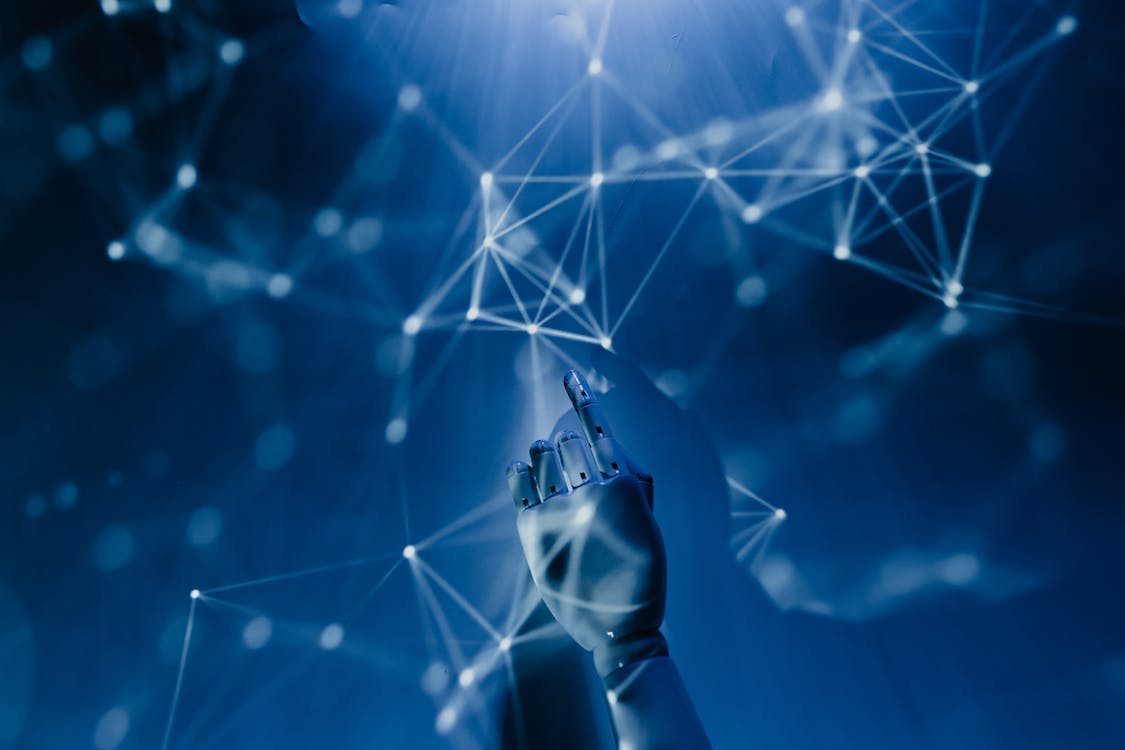Takeaway: As artificial intelligence is becoming rapidly more important, the USPTO is asking the public for comments on its role in patent law moving forward, such as who can be the inventor of their innovations and what they create.

Last year in the case of Thaler v. Vidal, the Federal Circuit decided not to allow an artificial intelligence machine to be named as an inventor of two patents. Now, the USPTO has requested the public for their comments on the role of AI inventorship.
Since the Thaler decision, the USPTO is recognizing that the uncertainty of AI inventorship is rapidly becoming more important. More specifically, the USPTO states that “if these technologies are in fact capable of significantly contributing to the creation of an invention, the question arises whether the current state of the law provides patent protection for these inventions.”
The appellate court wrote that resolving this issue requires a review of the language of the Patent Act, which specifically defines inventors as “individuals.” Thaler is currently appealing to the U.S. Supreme Court, but the Supreme Court has not yet to decide whether it will hear the case.
The USPTO’s call for feedback will remain open until July.



